The all-star drum clinic
With Ben Johnston, Mike Portnoy, Travis Barker, Tommy Lee and more
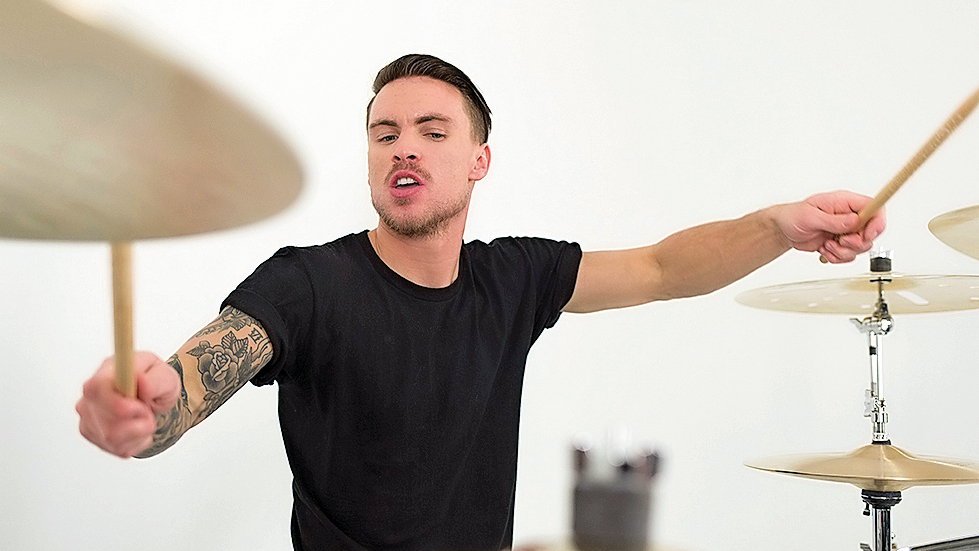
The all-star drum clinic
DRUM EXPO 2014: Drummers are a generous bunch. From years of honing their skills behind the kit on the road and in the studio, the stars of the drumming world bring you their advice and expertise on everything from showmanship to shuffles, from tuning to improving your chops.
Join Travis Barker, Tommy Lee, Mike Portnoy, Dave Weckl, Bernard Purdie and more as they walk us through some of their most valuable drumming tips for players of all levels.

Travis Barker (Blink-182)
“I mess around with the sticking. Usually a paradiddle, diddle or a tap so I can restart it with my left hand. That's how most of those exercises come up. I don't like to think when I'm playing the drums. I like to play the drums.
"The more you practise, the more you're fluent with your right and left hand. Everything you know with your right, also learn to do it with your left. You won't have the restrictions of having to think about everything you play.”
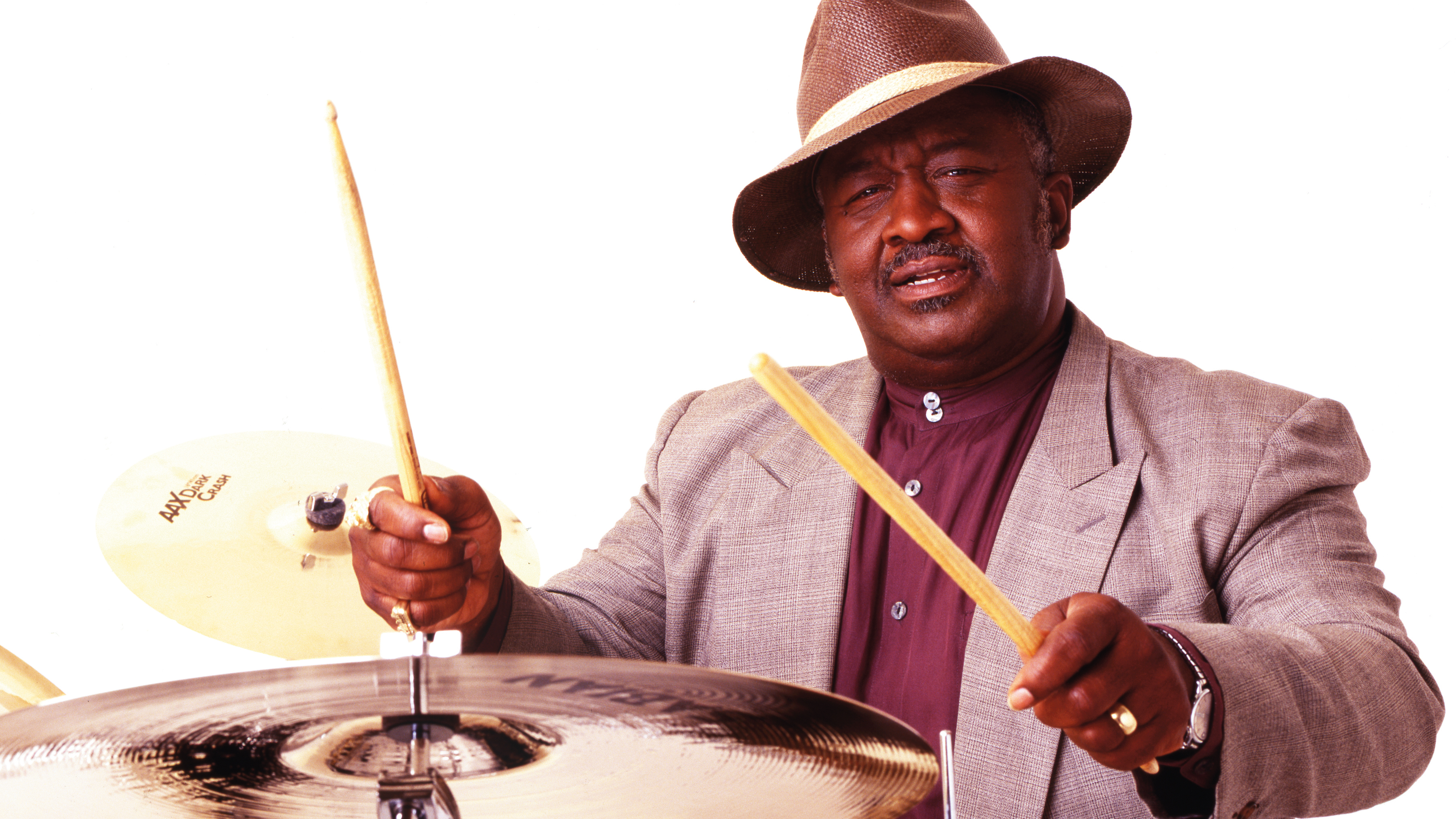
Bernard Purdie (Aretha, Steely Dan)
“We all mix things up: that’s one of the best things that can happen. Jeff Porcaro’s Rosanna [Toto] beat was the Purdie shuffle turned around to be on ‘1’ instead of ‘2’. The one thing you can’t do is play really fast, you lose the groove and the feel. It’s medium-tempo. Play it in half-time. Play in quarter-time. Play it in whole. It’s all about letting it flow.
"The Purdie shuffle was no accident. I got it from the locomotion of the train. I lived right behind a train-track so I used to listen to all those sounds and I put them all together.”
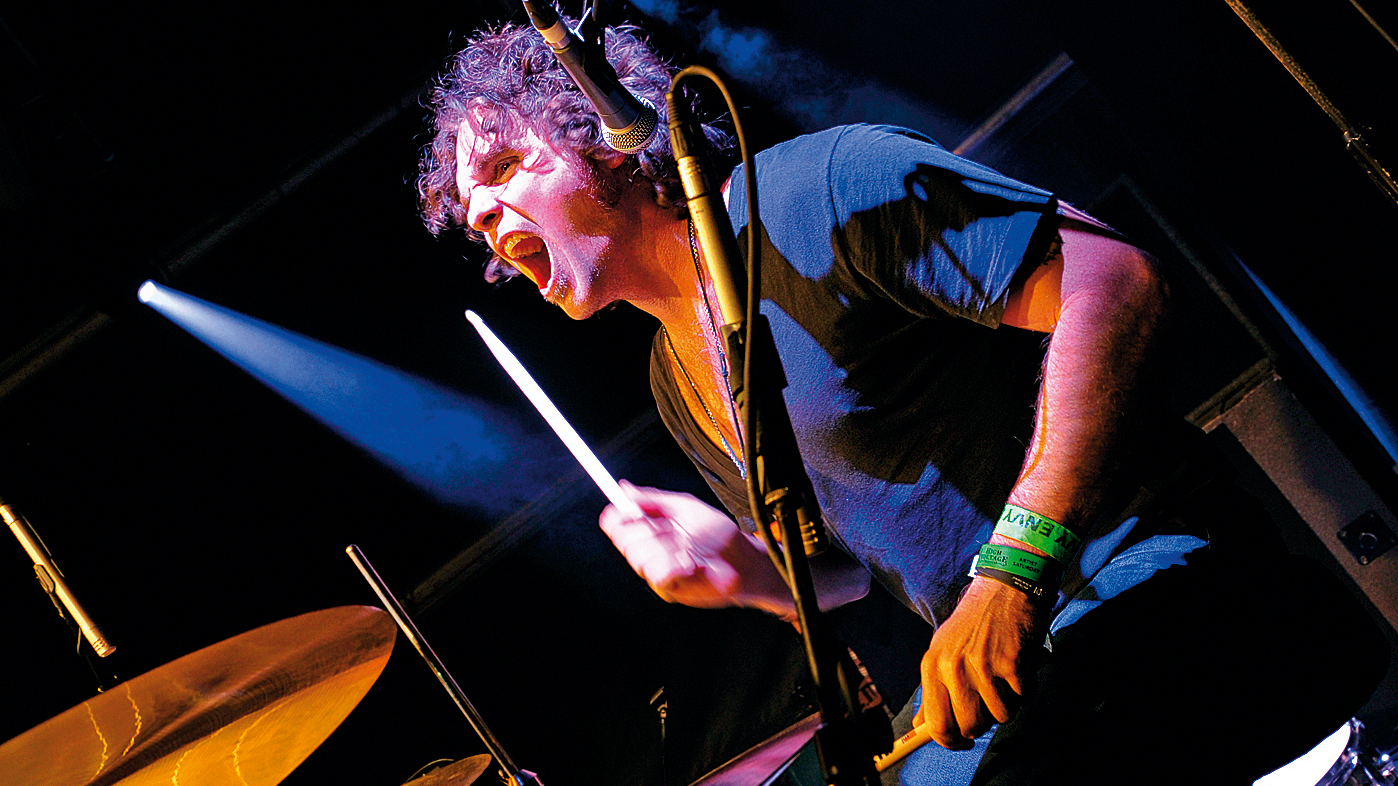
Michael Miley (Rival Sons)
“Have a buddy play your kit while you stand out in front. You want your drums to speak, I call it 'barking'. I think that’s a perfect description for what drums should do. The bottom head’s like the aftertaste of food - the top head is what you initially hear and because a lot of guys will muffle the beater, what you hear out front of the kit is the bottom head ringing.
"That head’s really important, it has to be in tune. If the bottom head’s lower than your beater head it will dip in pitch.”
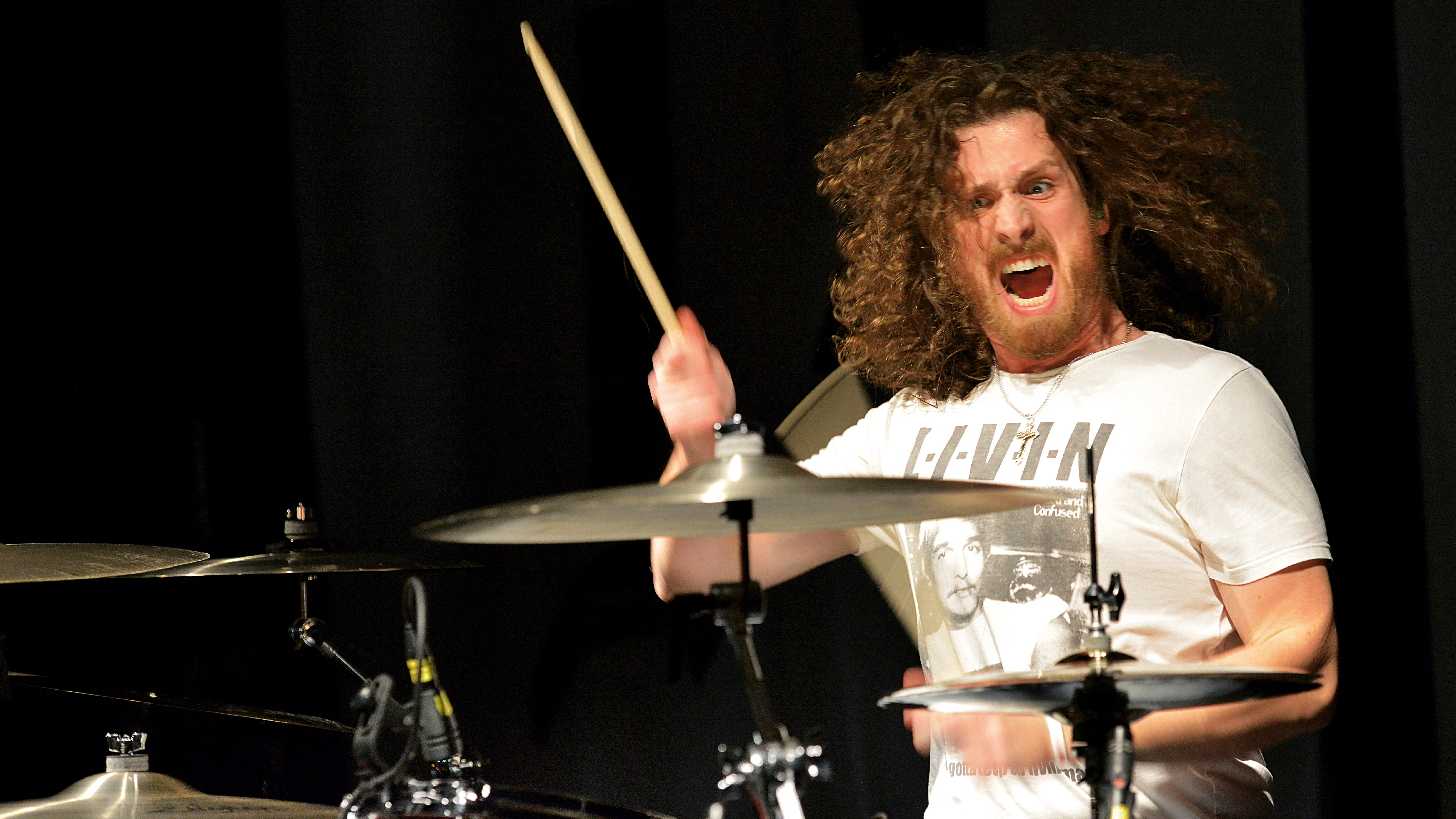
John Fred Young (Black Stone Cherry)
“Companies look at artists and want to see where they’ll get their exposure. You don’t have to be on an arena tour but you do have to be playing and getting your name out there. Once you get a deal you need to keep your relationship with that company going. Loyalty is key.
"The more you support the company the more they’re going to support you. They’ll expect to see their brand name out front when you’re out on tour. Go for the companies you really like. Don’t just say, ‘Man, I will take whatever I can get.’”

Ben Johnston (Biffy Clyro)
“Don’t overplay. You can’t play over a riff or a vocal line. I try to just accent what is going on from the guitar, vocals and bass. I’ve changed to playing rim shots all the time. I didn’t do that so I could turn up to 11, but I’m in a f**king three-piece rock band! Hit them hard but try to be mindful of technique.
"You have to be tight - that is such an important thing. When you see someone up there that’s tight and really in the pocket, that’s so impressive.”
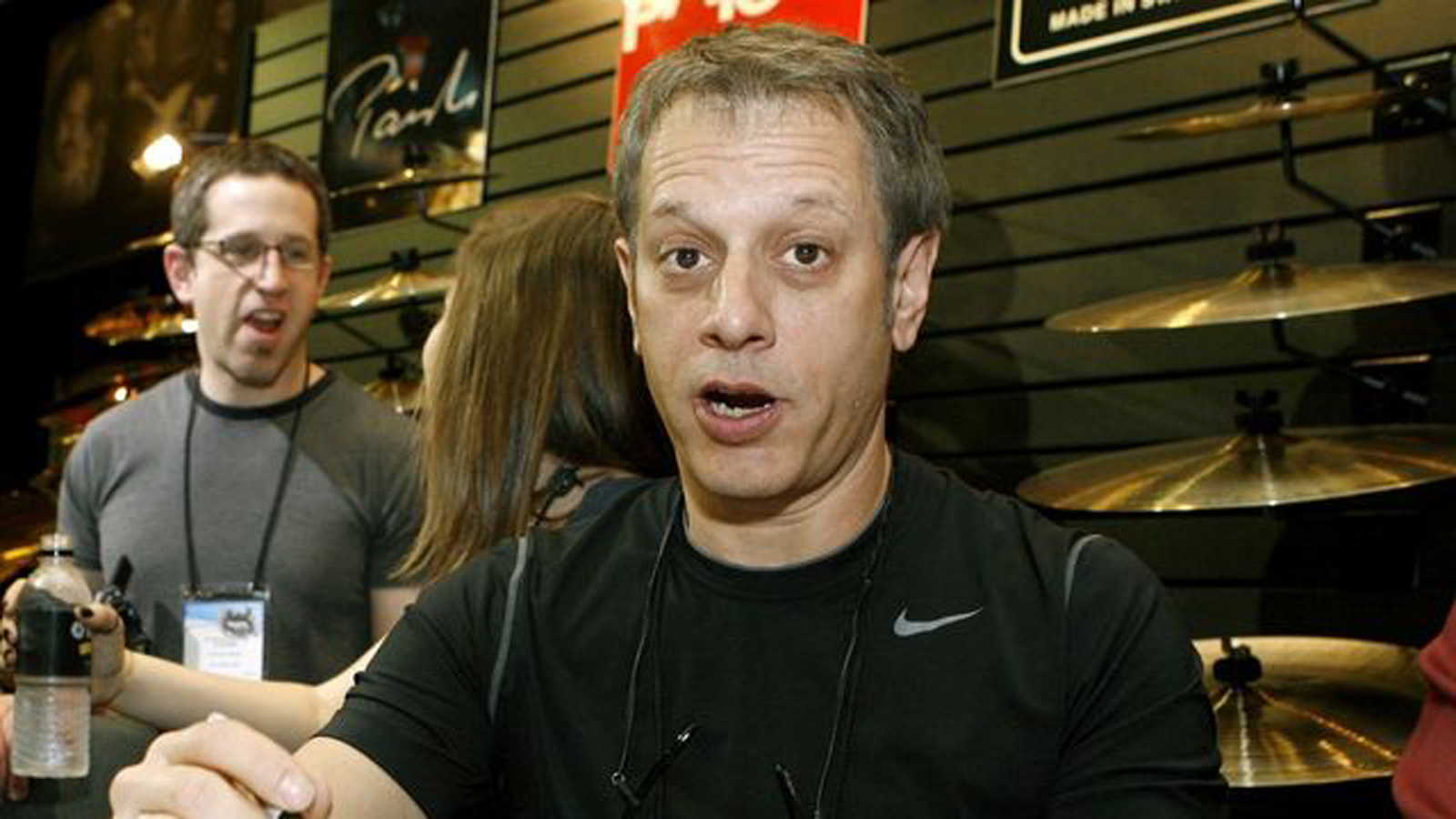
Dave Weckl (fusion/session star)
“Record yourself playing grooves and fills. Play it back and see if you can sing what you just played. Would you sing it? Is it really what you want to say? Practise singing drum grooves and fills, concentrating on making it sound and feel like you want it to. The idea is to intend everything you play from a musical perspective. You’ll probably find you’ll play more simple, effective grooves and fills with this idea in mind.”
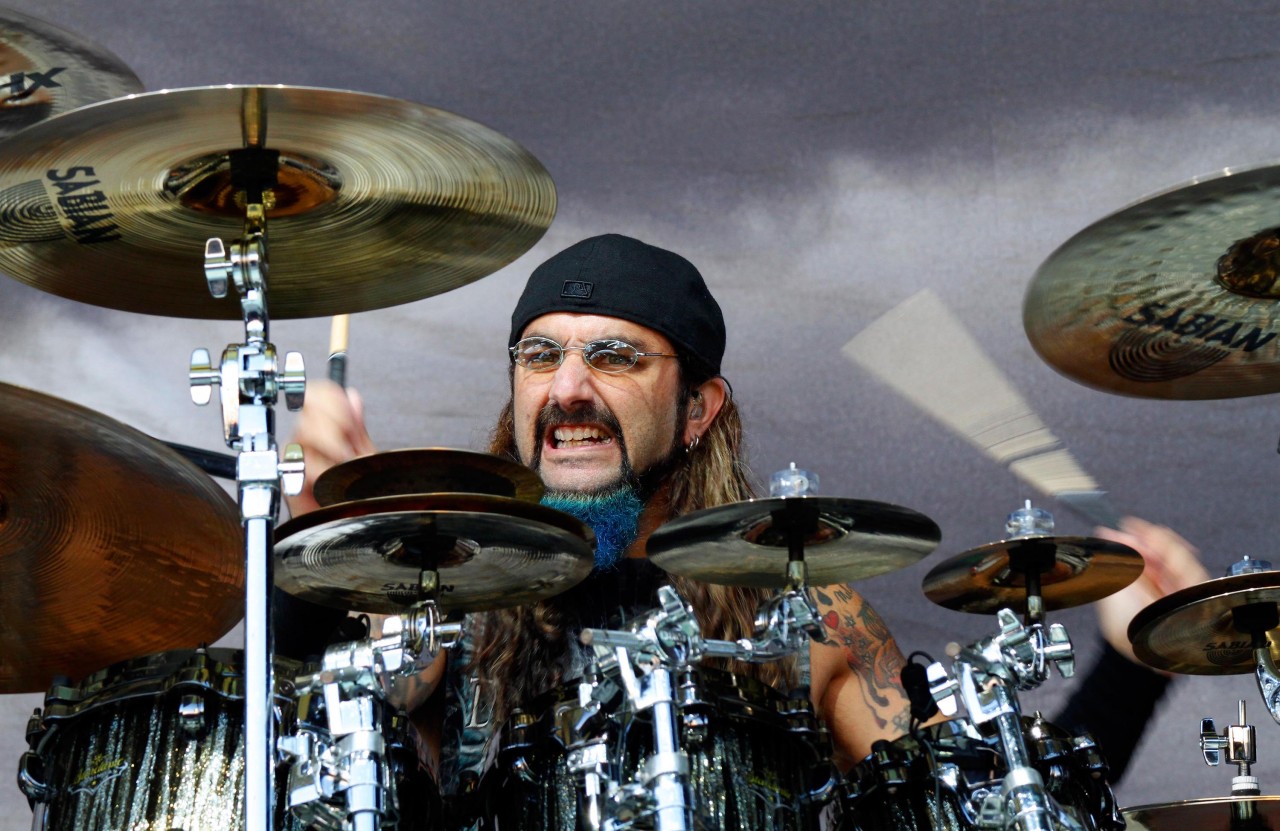
Mike Portnoy (ex-Dream Theater, Flying Colors)
“Count out loud. Always knowing where that ‘1’ is. That’s not even with odd time signatures, that’s with anything as a drummer. Understand the concept and how the time signature relates to 4/4, for example: a 7/8 is short of a 4/4 or a 9/8 is a little more than a 4/4.
"Become familiar with the way the time signature feels. I learned how 7/8 feels from Rush albums. Every time signature, 5/8, 11/8, 9/8, they all have a swing and a feel to them. Look to other songs that have that time signature to understand the feel of it.”

Dan Flint (You Me At Six)
“I wake up in the morning and sit there with a pad just doing rudiments. You’ll get the muscle memory through that, even if it’s just single-stroke rolls or doubles or paradiddles it’ll keep your hands moving.
"The other guys in the band tell me I’m really lame for doing it but I’ll often video myself practising at home or I’ll set it up on stage then I can watch back. If I think I’ve done something wrong I can watch it back. You can check your technique and learn what you need to work on.”

Simon Phillips (Toto, Jeff Beck)
“I’m baffled at the way most drum kits sound when I hear them at gigs, especially the bass drum. Using very thick heads takes so much volume and tone out of the bass drum. Using a double pedal on one bass drum, if you’re playing 16th notes on a single drum, that head is having to work real quick. It doesn’t get a chance to recover. If you split it between two drum, you’re only playing eighth notes on each, so it has more time to resonate, to speak and to recover.”

Tommy Lee (Motley Crüe)
“You have to have the attitude of a frontman. Deep down inside I think I always wanted to be a frontman. I think you can see that from my playing style and the antics I pull off. You’re just a speck on stage so you have to make your movements grand and overdo them. It won’t look as big as you think from the back of the room. When in doubt, overdo it.”